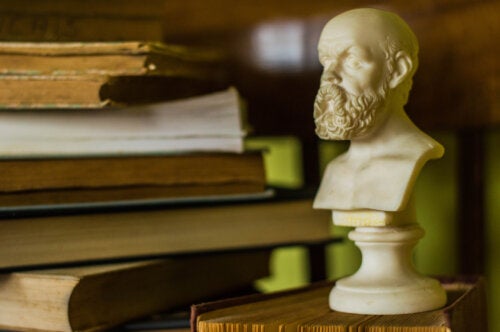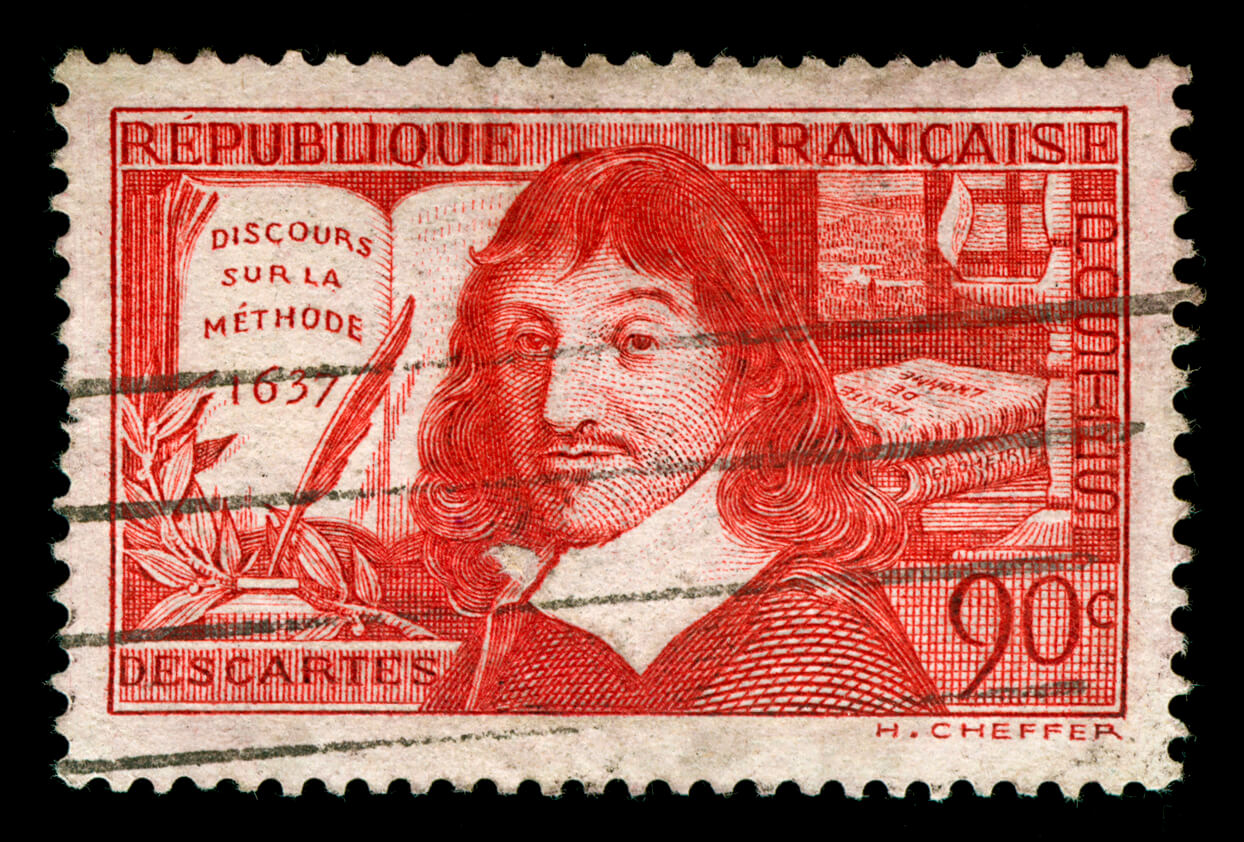Rationalism: What Is It and How to Apply It To Everyday Life?


Written and verified by the philosopher Maria Alejandra Morgado Cusati
Rationalism is a philosophical current that defends that reason is the main way of acquiring knowledge. This position emerged in continental Europe during the 17th and 18th centuries and its founder is considered to be René Descartes.
The claim that true knowledge comes from the ability to reason marked a substantial change in the history of thought. Until then, the belief that religious faith and the word of God were the only sources prevailed.
In today’s article, we’ll tell you what rationalism consists of and how it can be applied to everyday life.
The origin of rationalism

The origin of rationalism took place during the scientific revolution of the 17th century. Within this context, the problem of knowledge (its origin and foundation) was introduced into the philosophical debates of the time. From there, two great philosophical currents emerged: rationalism and empiricism. Both share confidence in the scientific revolution that was occurring at the time, but they also have marked differences.
While rationalism emphasizes the role of reason in the acquisition of knowledge, empiricism stresses the role of experience and evidence as the main sources of knowledge..
The founder of rationalism was the French philosopher René Descartes, who aspired to turn philosophy into a scientific discipline and provided it with a method in which the role of reason would dominate. Thus, in his work The Discourse of Method, Descartes proposed a procedure (popularly known as the Cartesian method) to reach true knowledge through doubt.
This method consisted of 4 rules:
- Evidence: Only that which does not cause doubts can be considered to be true.
- Analysis: This reduces the complex to simpler parts in order to understand it.
- Deduction: This seeks to identify complex truths from the simple ones that are already known.
- Verification: This serves to check if what was discovered from reason was found through the previously established rules.
Later, philosophers such as Nicolas Malebranche, Baruch Spinoza, and Gottlieb Leibniz formulated their rationalist positions on the origin of knowledge. Therefore, they’re also recognized as some of the main drivers of this movement.

We think you may also enjoy reading this article: Important Teachings of Confucius Regarding Psychology and Philosophy
The characteristics of rationalism
Within rationalism, there are different positions on knowledge. For example, Descartes’ rationalism is not the same as Leibniz’s or Spinoza’s.
However, they all share essential characteristics. These are the following:
- The conviction that reason is the main source of true knowledge and that it is more reliable than other instances such as faith, authority, and the irrational or empirical experience.
- The belief that human beings come into the world with innate ideas (generally placed there by God or divinity), so that the act of knowing involves identifying these ideas through reason.
- Rationalism also defends that the senses are capable of deceiving us. Therefore, experience alone is not a reliable source to access the truth. This is the claim that marks rationalism as different than empiricism.
- It prioritizes the deductive method in the acquisition of knowledge.
- It defends the belief is that reason is unlimited and is the source of all human progress.
The different types of rationalism
As we’ve already said, there are many different positions within this philosophical current. Among them, the following stand out:
- Theological rationalism: This defends that God is the one who guides humanity. Therefore, reason is the best way to access the knowledge provided by divinity.
- Logical rationalism: This claims that thought is the only source of knowledge.
- Immanent rationalism: This is based on Descartes’ original ideas.
- Transcendent rationalism: This claims that the world of experience is always changing and therefore cannot be trusted.
Like this article? You may also like to read: Philosophy of Mind: The Relationship Between the Mind and the Brain
Examples of rationalism in everyday life
Believe it or not, we usually apply reason as the main source of knowledge in the following scenarios:
- When solving any mathematical operation. When we do this, we make exclusive use of reason.
- Deducing that the alternation between day and night is due to the rotational motion of the earth on its own axis.
- Knowing that the formation of hurricanes is due to a natural method of the earth to balance its temperature, which occurs in certain areas of the planet and not in others.
- Deducing that tides are produced by the gravitational force exerted by the moon on the earth.
As you can see, in order to attain such knowledge, the exercise of reason was necessary. After all, with evidence alone, we would have remained captivated by the phenomena without delving into or analyzing their ultimate causes.

Rationalism: A position that has greatly contributed to knowledge
Rationalism was a philosophical movement that not only placed the problem of knowledge among the main topics of discussion, but also brought up topics such as the relationship between the body and the mind as well as the nature of passion and freedom. In fact, these debates continue to be the subject of interesting philosophical reflections.
Moreover, by defending the self-sufficiency of human reason to explain reality, rationalism contributed to placing the subject in a privileged position vis-à-vis religious authority. This marked a very important and interesting shift from the dominant thinking throughout the Middle Ages.
All cited sources were thoroughly reviewed by our team to ensure their quality, reliability, currency, and validity. The bibliography of this article was considered reliable and of academic or scientific accuracy.
- Descarte R. El discurso del método. Edición ilustrada. España: Editorial Alianza; 1999.
- Dika T. Descartes’ Method [Internet]. California: Stanford Encyclopedia of Philosophy; 2020 [consultado 22 mar 2022]. Disponible en: https://plato.stanford.edu/entries/descartes-method/
- Markie P, Folescu M. Rationalism vs. Empiricism [Internet]. California: Stanford Encyclopedia of Philosophy; 2021 [consultado 22 mar 2022]. Disponible en: https://plato.stanford.edu/entries/rationalism-empiricism/
This text is provided for informational purposes only and does not replace consultation with a professional. If in doubt, consult your specialist.








